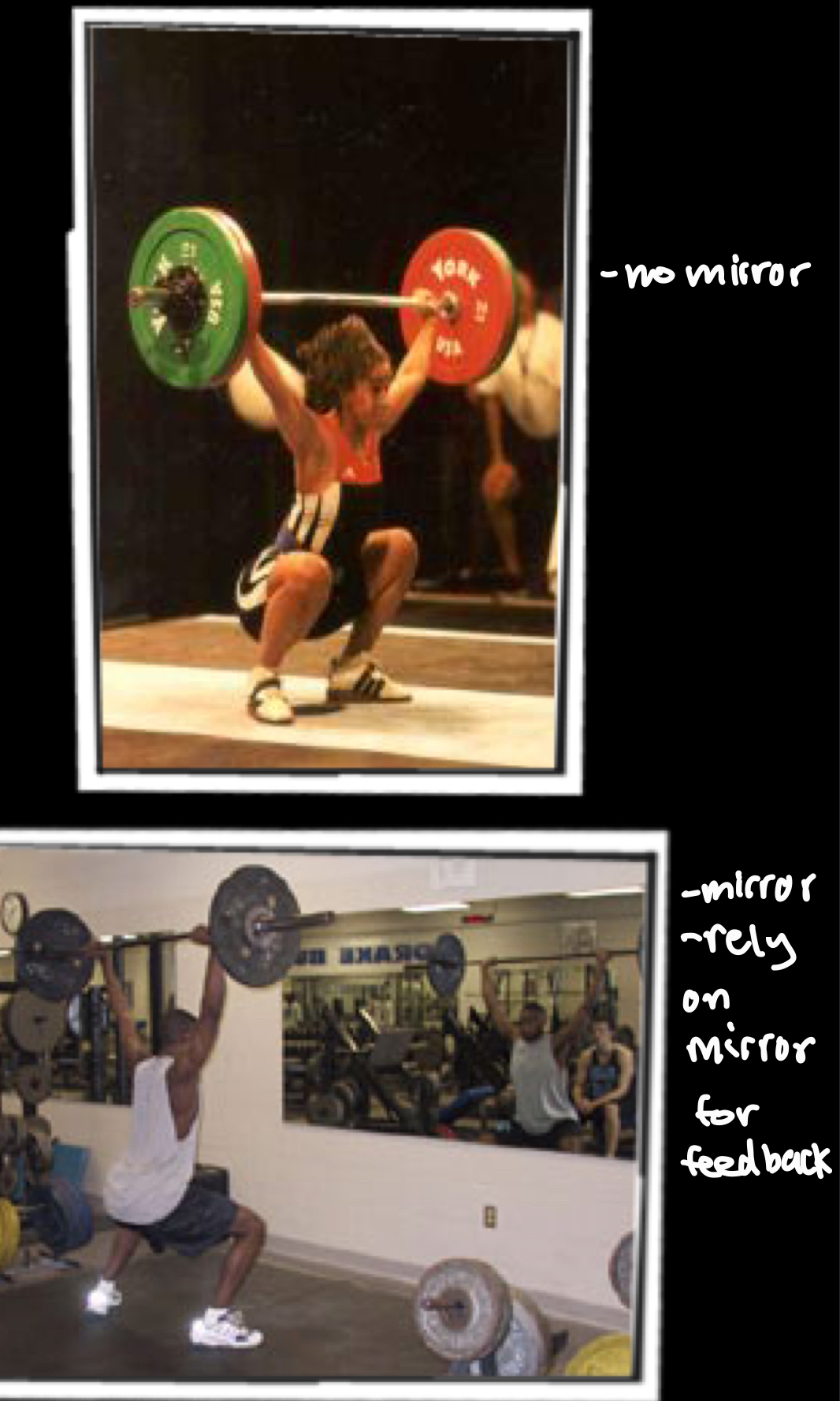Kin 312 Memory Components, Forgetting Strategies
5.0(1)
5.0(1)
Card Sorting
1/11
Earn XP
Description and Tags
Last updated 4:41 AM on 9/22/25
Name | Mastery | Learn | Test | Matching | Spaced | Call with Kai |
|---|
No analytics yet
Send a link to your students to track their progress
12 Terms
1
New cards
Three Definitions of Memory
1) Tulving (1985): "capacity that permits organisms to benefit from their past experiences"
2) www.dictionary.com: "The mental faculty of retaining and recalling past experience"
3) Merriam-Webster Dictionary: "a device or a component of a device in which information especially for a computer can be inserted and stored and from which it may be extracted when wanted"
2) www.dictionary.com: "The mental faculty of retaining and recalling past experience"
3) Merriam-Webster Dictionary: "a device or a component of a device in which information especially for a computer can be inserted and stored and from which it may be extracted when wanted"
2
New cards
2-Component Memory Model
-Baddeley proposed 2 functional components of memory:
1) working memory: short
2) long-term memory
1) working memory: short
2) long-term memory
3
New cards
Working Memory
-incorporates sensory, perceptual, attentional, and short-term memory processes
-a place where information is stored for a short time
-plays critical role in:
o problem solving
o movement production and evaluation
o long-term memory function
o decision making
-is a functionally active structure
o deals with tasks that occur "right now"
o elements in working memory that get moved to long-term memory
o teams with elements of long-term memory
-involved in both the storage and processing of information
-a place where information is stored for a short time
-plays critical role in:
o problem solving
o movement production and evaluation
o long-term memory function
o decision making
-is a functionally active structure
o deals with tasks that occur "right now"
o elements in working memory that get moved to long-term memory
o teams with elements of long-term memory
-involved in both the storage and processing of information
4
New cards
Characteristics of Working Memory
-Duration: refers to how long working memory can hold or store information; for both cognitive and motor skills was found to be at a max of 20-30 seconds
-Capacity: refers to how much information we can store; we can store up to 7 (+/- 2) items in working memory; we can chunk to expand this capacity
-Capacity: refers to how much information we can store; we can store up to 7 (+/- 2) items in working memory; we can chunk to expand this capacity
5
New cards
Long-Term Memory
-a more permanent storage space than working memory
-contain knowledge about past events and knowledge about how the world works
-duration: information is relatively permanent; we don't lose information, instead we have problems locating it
-capacity: relatively unlimited capacity
-contain knowledge about past events and knowledge about how the world works
-duration: information is relatively permanent; we don't lose information, instead we have problems locating it
-capacity: relatively unlimited capacity
6
New cards
Long-Term Memory: Types of Information
1) Procedural Memories
2) Episodic Memories
3) Semantic Memories
2) Episodic Memories
3) Semantic Memories
7
New cards
Procedural Memories
-critical to motor skills
-can only be acquired through practice
-usually performers cannot describe how they do it
-memories that tell us "how to do something"
-procedural knowledge
-can only be acquired through practice
-usually performers cannot describe how they do it
-memories that tell us "how to do something"
-procedural knowledge
8
New cards
Episodic Memories
-personally experienced events and where they occur in time
-in terms of motor skills: "I remember when I missed that putt left, I won't do that again"
-Allows you to compare what you did in the past to what you are doing now; compare performances
-tell us "what to do"
-declarative knowledge
-in terms of motor skills: "I remember when I missed that putt left, I won't do that again"
-Allows you to compare what you did in the past to what you are doing now; compare performances
-tell us "what to do"
-declarative knowledge
9
New cards
Semantic Memories
-conceptual knowledge such as what our concept of "love" or what a dinosaur is
-general knowledge about the world and how it has developed from our personal point of view
-factual information such as "E=mc^2"
-tell us "what to do"
-declarative knowledge
-general knowledge about the world and how it has developed from our personal point of view
-factual information such as "E=mc^2"
-tell us "what to do"
-declarative knowledge
10
New cards
Causes of Forgetting
-Trace Decay: when forgetting occurs due to the passage of time; it is more likely we forget due to retrieval problems
-Proactive Interference: activities that occur prior to performance that negatively affects memory
-Retroactive Interference: activities that occur after to be remembered movement we need to remember negatively affects memory
-Proactive Interference: activities that occur prior to performance that negatively affects memory
-Retroactive Interference: activities that occur after to be remembered movement we need to remember negatively affects memory
11
New cards
Strategies to Enhance Memory
-Memory is enhanced when patients or athletes are asked to remember the beginning or end of a movement
-Make your recommendations to a patient or athlete meaningful to enhance memory
o use visual and verbal labels
o hockey swing v. golf swing
-To enhance memory invoke intentional learning instead of incidental learning
o tell them they will be tested
o increases effort in practice
-Chunk or subjectively organize the movements
-Make your recommendations to a patient or athlete meaningful to enhance memory
o use visual and verbal labels
o hockey swing v. golf swing
-To enhance memory invoke intentional learning instead of incidental learning
o tell them they will be tested
o increases effort in practice
-Chunk or subjectively organize the movements
12
New cards
Practice-Test Context Effects
Encoding Specificity Principle: the more the practice environment resembles the test environment the better the retention of the learned skill/skills
